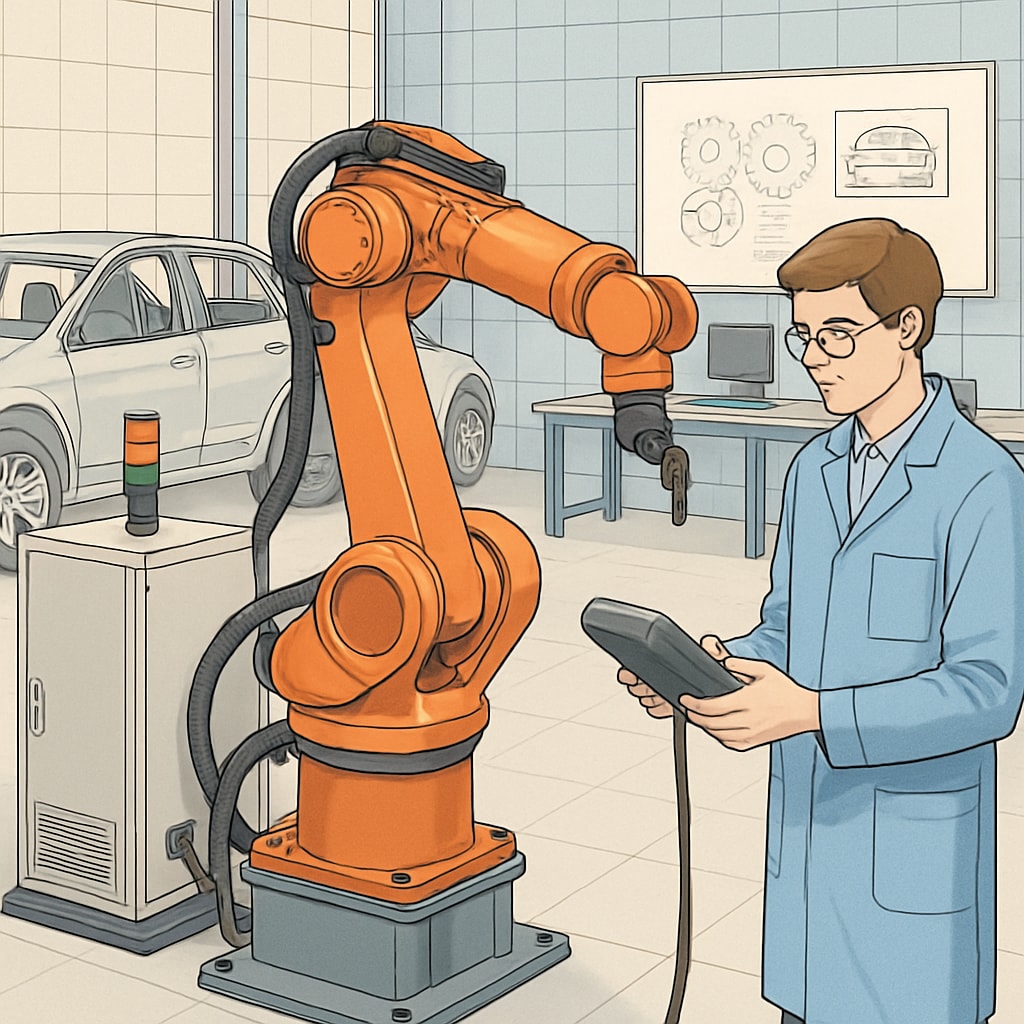For military personnel holding an associate degree in automotive technology, pursuing a bachelor’s degree is a strategic way to enhance career opportunities both within and outside the armed forces. By carefully selecting a degree program that maximizes credit transfer, you can save time and resources while building on your existing knowledge. This article explores the most compatible bachelor’s degree options, key considerations for credit transfer, and the benefits of continuing education in this field.
Why Transition from an Associate Degree in Automotive Technology?
Automotive technology is a critical field, especially as vehicles become more advanced with electric, hybrid, and autonomous systems. An associate degree equips you with foundational skills, but a bachelor’s degree can deepen your expertise and open doors to leadership roles, technical specialties, and even careers in related industries like engineering or business management.
For military personnel, this transition can also facilitate a smoother shift to civilian roles in industries seeking skilled professionals with both technical and managerial capabilities. Additionally, many degree programs value military service and offer flexible options tailored to active-duty members and veterans.

Top Bachelor’s Degree Options for Automotive Technology Graduates
Choosing the right bachelor’s degree depends on your career aspirations and the number of credits you can transfer from your associate degree. Here are some of the most compatible options:
- Automotive Engineering Technology: Ideal for those who want to dive deeper into vehicle design, development, and testing. This program focuses on advanced technical skills and often includes hands-on lab work.
- Mechanical Engineering: Broader in scope, this degree covers principles like thermodynamics and materials science, making it a great fit for those interested in diverse engineering roles.
- Business Administration: For individuals aiming to transition into management roles within the automotive industry or start their own business, this degree combines technical knowledge with leadership and organizational skills.
- Industrial Technology: This program emphasizes optimizing processes and technologies in manufacturing and operations, which can be highly relevant for automotive production.
- Sustainability or Environmental Science: With the rise of electric vehicles and green energy solutions, this degree prepares you to contribute to sustainable innovations in the automotive sector.
Key Considerations for Credit Transfer
Maximizing credit transfer is essential to make the most of your associate degree in automotive technology. Here are some tips:
- Accreditation: Ensure the bachelor’s program is accredited by a recognized agency, as this often determines whether your credits will be accepted.
- Program Compatibility: Choose a program that aligns with the courses you’ve already completed. For example, technical degrees are more likely to accept credits from automotive technology programs.
- Military Benefits: Leverage military education benefits like the GI Bill® to cover tuition costs. Many universities also offer military-friendly policies that ease the credit transfer process.
- Advising Support: Work with academic advisors to map out a degree plan that incorporates as many transferable credits as possible.

Benefits of Pursuing a Bachelor’s Degree
The advantages of obtaining a bachelor’s degree extend beyond academic achievement. Here’s how it can impact your career:
- Higher Earning Potential: Bachelor’s degree holders typically earn more than those with an associate degree.
- Expanded Career Options: A bachelor’s degree qualifies you for leadership roles, specialized positions, and opportunities in emerging fields like electric vehicles.
- Skills Diversification: Broader coursework can equip you with skills in areas like project management, data analysis, and sustainability.
- Networking Opportunities: Universities often provide access to industry connections, internships, and alumni networks that can support your career growth.
How to Get Started
To begin your journey from an associate degree in automotive technology to a bachelor’s degree, follow these steps:
- Research Programs: Identify universities offering degrees compatible with your career goals and previous coursework.
- Evaluate Credit Transfer Policies: Contact admissions offices to understand their policies and ensure your credits will transfer.
- Apply for Military Benefits: Utilize resources like the GI Bill® and tuition assistance programs to reduce out-of-pocket costs.
- Plan Your Schedule: Look for flexible options, such as online or hybrid programs, to balance education with military or personal commitments.
By taking these steps, you can efficiently transition to a bachelor’s program that enhances your skills and positions you for long-term success.
Readability guidance: Use clear headings, short paragraphs, and lists to summarize key points. Employ transition words like “for example,” “in addition,” and “therefore” to improve flow. Limit the use of passive voice and long sentences to ensure accessibility.


